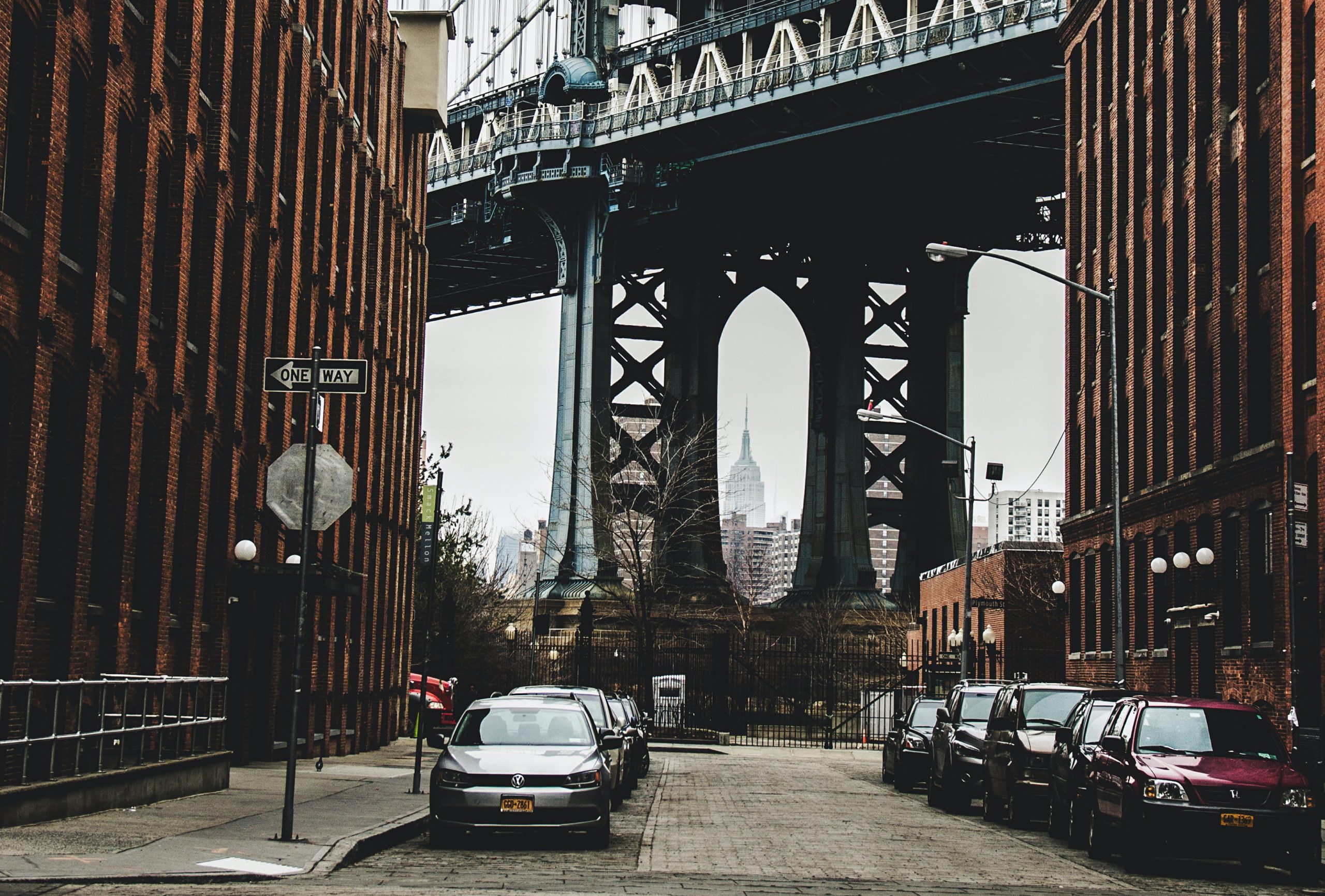COVID-19 Has Affected Mobility Shifts in Europe
The global pandemic has ruptured plans for the future, be it for individuals or nations. The world is at the precipice of change. Like various other industries, the transport and mobility industry hasn’t been immune to the effects of COVID-19. Uber, one of the biggest transport companies in the world, reported a loss of $2.9 billion in the first quarter of 2020 in its quarterly report. The necessity of social distancing is reshaping urban transport. Much like Netherlands’ ‘bike revolution‘ that was fuelled by the social and economic crises, many cities have begun to take a sceptical look at the transportation system, whether willingly or forced by circumstances. Let’s read how COVID-19 has affected mobility shifts in Europe.

Practicing safety in daily commute
The fact is while people are paying more attention to hygiene and practicing social distancing, the essence of need for transportation hasn’t changed. As lockdowns are easing or being lifted, individuals are trying to get back to their former lives, or at least part of it. But has COVID19 really affected the mobility shifts in Europe?
Mobility companies have already begun to put into practice measures to tackle the pandemic and restore faith in people to choose safe travel. Public transport systems have reduced the frequency of their vehicles and allow only a percentage of people on board rather than work at full capacity. Regular disinfection of seats, poles, and other high-touch surfaces has become the norm. Most companies have also provisioned compulsory masks for their staff, and in some cases, their passengers.
Taxi rides, car sharing, and ride-hailing aren’t far behind. From restricting the number of people riding in a vehicle to placing a protective sheet between the driver and passengers, private car companies are leaving no stone unturned. Other practices include providing free masks, hand sanitizers, and other cleaning supplies to drivers and frequent disinfection. While this has led to temporary or permanent disruption, companies are trying their best to ensure safe travels for their passengers, even slashing prices and adding packaged services to make their travels more affordable.
However, all these practices have yet to show a positive change in the future of transportation. As per the research conducted by Boston Consulting Group, Europe has shown about a 60% reduction in public transport, ride-hailing, taxi services, car-sharing, and scooter sharing. Even the use of private vehicles has seen a decline of over 60%.
Environmental Concerns
Sanitation is not the only concern amongst European citizens towards transportation. With the effects of climate change dangling over us like the Sword of Damocles, there is a noticeable shift towards the green steering wheel. William Todts, executive director at Transport & Environment said, “Europeans are demanding more bike lanes, safer public transport, and fewer polluting cars.”
Citizens have become hesitant about going back to the pre-pandemic air pollution level. In a survey reported by Politico.eu conducted Spain and Italy, over 75% of the people who were surveyed said that they want to keep dirty cars out of cities and that zero-emission zones be put into place. As passenger cars are a major contributor to air pollution, governments have begun various initiatives to tackle the situation. Citizens wish to opt for greener modes of transportation such as cycle bikes and electric cars. Initiatives of creating exclusive bike lanes, banning polluting cars, reducing parking spaces, reducing transport by private fuel vehicles are on the rise.
What the future holds
It is important to note that affordability and value proposition is a significant variable in transportation and travel. Once commuters return to their normal routines, economic conditions may overrule other considerations. Nevertheless, the pandemic has increased people’s sensitivity to physical distance and hygiene. Only time will tell if they will go back to business as usual, or will it be the end of cars as we know it. But
It is important to note that affordability and value proposition is a significant variable in transportation and travel. Once commuters return to their normal routines, economic conditions may overrule other considerations. Nevertheless, the pandemic has increased people’s sensitivity to physical distance and hygiene. Only time will tell if they will go back to business as usual, or will it be the end of cars as we know it. So after reading this all we got the idea that COVID-19 have affected mobility shifts in Europe.

